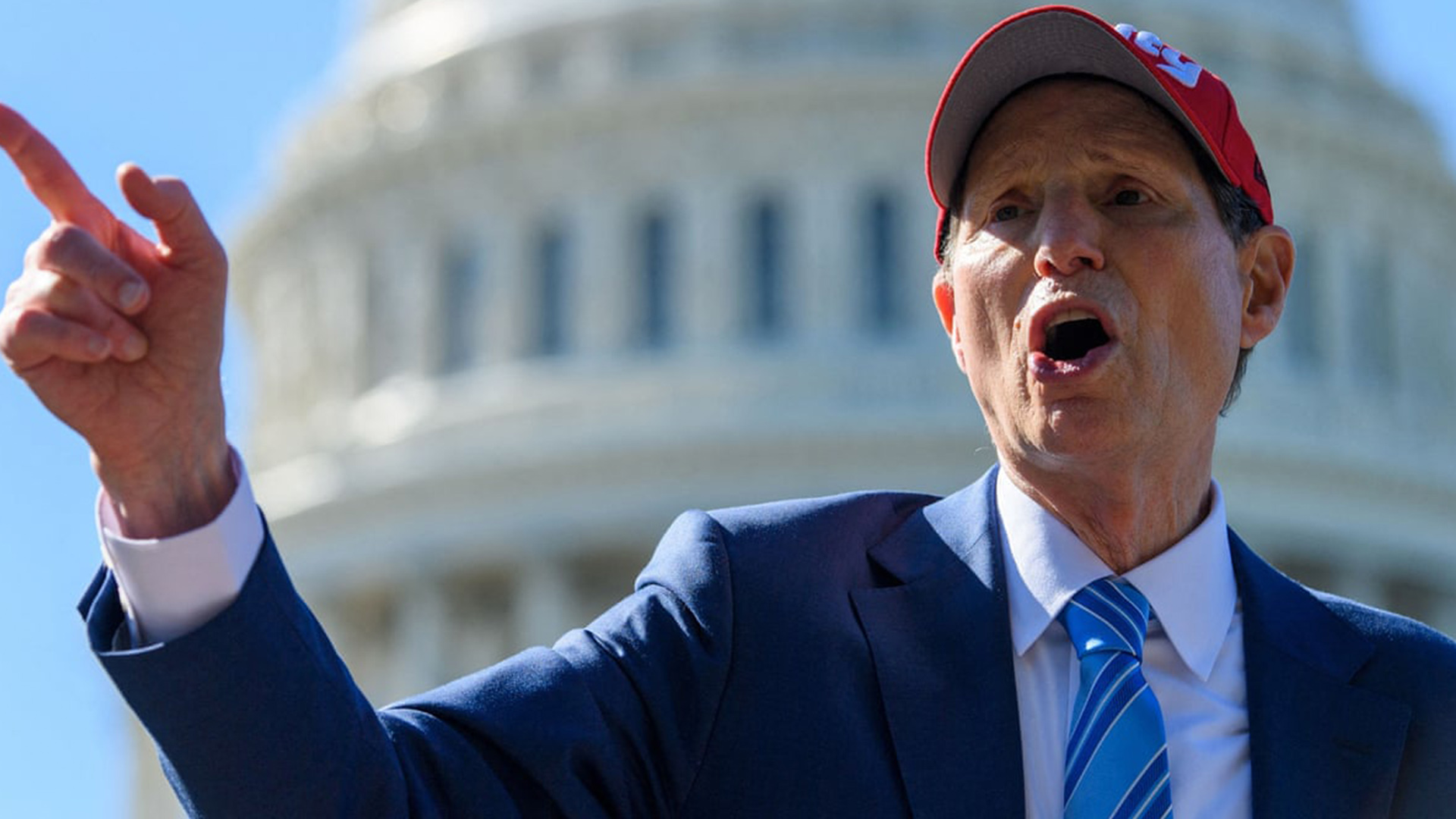Senator behind billionaires tax denounces Elon Musk Twitter poll stunt
Technology 01:07 PM - 2021-11-08
Photo Credit: The Guardian
After Elon Musk asked his Twitter followers to vote on whether he should sell 10% of his Tesla stock, the architect of the proposed billionaires tax that prompted the move dismissed the tweet as a stunt.
“Whether or not the world’s wealthiest man pays any taxes at all shouldn’t depend on the results of a Twitter poll,” said Ron Wyden, an Oregon Democrat and chair of the Senate finance committee. “It’s time for the billionaires income tax.”
When the poll closed on Sunday, nearly 3.5 million people had voted: 58% said Musk should sell the Tesla stock and 42% said he should not.
Asked for comment, he tweeted: “I was prepared to accept either outcome.”
Musk, who also owns SpaceX, was named by Forbes magazine as the first person worth more than $300bn. Reuters calculated that selling 10% of his Tesla shareholding would raise close to $21bn.
Wyden has led Democrats pushing for billionaires to pay taxes when stock prices go up even if they do not sell shares, a concept called “unrealised gains”.
Proponents of the tax say it would affect about 700 super-rich Americans, who would thus help pay for Joe Biden’s $1.75tn 10-year public spending proposal, which seeks to boost health and social care and to fund initiatives to tackle the climate crisis.
Unveiling his proposal last month, Wyden said: “There are two tax codes in America. The first is mandatory for workers who pay taxes out of every paycheck. The second is voluntary for billionaires who defer paying taxes for years, if not indefinitely.
“The billionaires income tax would ensure billionaires pay tax every year, just like working Americans. No working person in America thinks it’s right that they pay their taxes and billionaires don’t.”
Musk has a history of controversial behaviour on Twitter. Responding to Wyden’s original proposal, he tweeted: “Eventually, they run out of other people’s money and then they come for you.”
On Saturday, he said: “Much is made lately of unrealised gains being a means of tax avoidance, so I propose selling 10% of my Tesla stock. Do you support this?
“I will abide by the results of this poll, whichever way it goes. Note, I do not take a cash salary or bonus from anywhere. I only have stock, thus the only way for me to pay taxes personally is to sell stock.”
In one response, the Berkeley economist Gabriel Zucman tweeted: “Looking forward to the day when the richest person in the world paying some tax does not depend on a Twitter poll.”
When Wyden introduced his proposed billionaires tax, Chuck Marr of the Center on Budget and Policy Priorities, a nonpartisan think tank, used the example of Jeff Bezos, with Musk a competitor for the title of world’s richest person, to explain how the proposal would work.
The Amazon founder, Marr said, would contribute to the federal government on the basis of unrealised gains from his stock holdings, worth around $10bn, rather than a declared salary of around $80,000.
Citing a bombshell ProPublica report from June this year which showed how little Bezos, Musk and other super-rich Americans pay into federal coffers, Marr titled his analysis: “Why a billionaires tax makes sense – or why the richest people in the country should pay income taxes as if they were the richest people in the country.”
The Biden spending plan Wyden wants to help fund, known as Build Back Better, remains held up in Congress. House centrists are demanding nonpartisan analysis of its costs while centrist senators remain opposed to many of its goals.
Democrats are also split over the proposed billionaires tax. Among those opposed is Joe Manchin, the senator from West Virginia who with Kyrsten Sinema of Arizona stands in the way of Build Back Better, wielding tremendous power in a chamber split 50-50 and therefore controlled by the casting vote of Vice-President Kamala Harris.
Speaking to reporters in October, Manchin said: “Everybody in this country that has been blessed and prospered should pay a patriotic tax.
“If you’re to the point where you can use all of the tax forms to your advantage, and you end up with a zero tax-liability but have had a very, very good life and have had a lot of opportunities, there should be a 15% patriotic tax.”
PUKmedia / The Guardian
More news
-
Media & Awareness Bureau Receives Russian CG
08:28 PM - 2024-04-18 -
PUK President: We Support Yazidis in Protecting their Rights
04:51 PM - 2024-04-17 -
DPM Talabani: Elections Must Be Held Promptly Without Further Delay
05:53 PM - 2024-04-16 -
PUK & UNAMI Emphasise Holding Timely Elections
05:28 PM - 2024-04-16






 Application
Application


